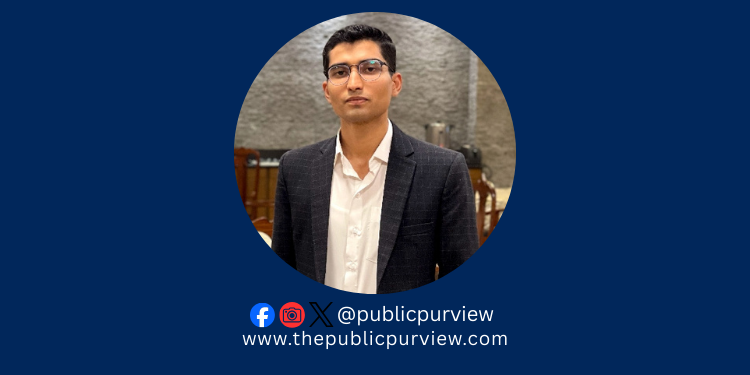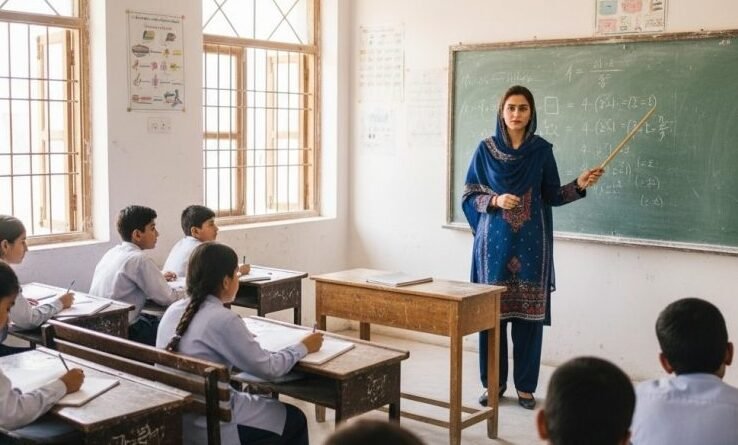A Paris court on Thursday sent a Pakistani man to prison for attempting to murder two people outside the former offices of Charlie Hebdo in 2020 with a meat cleaver. When he attacked, 29-year-old Zheer Mahmood mistakenly believed the satirical newspaper was still housed in a building targeted by people a decade earlier for publishing blasphemous cartoons. Charlie Hebdo actually moved after an attack by two masked Al Qaeda-linked gunmen killed 12 people, including eight members of the paper. The January 2015 murders shocked France and sparked a furious debate about freedom of expression and religion, triggering a wave of sympathy in France expressed by a “je Suis Charlie” wave of solidarity. Originally from rural Pakistan, Mahmood arrived in France illegally in the summer of 2019. Mahmood was convicted of attempted murder and terrorist conspiracy and would be banned from entering France after his sentence. The carnage in 2015, which involved a separate but linked hostage-taking that claimed four more lives in a Jewish supermarket in eastern Paris, marked the beginning of a dark period for France. In the years that followed, people inspired by al-Qaeda and Daesh repeatedly attacked, putting the country on edge and fueling religious tensions. On the occasion of the opening of the 2015 Charlie Hebdo massacre trial 2. Later, Mahmood arrived in front of the former Charlie Hebdo. Armed with a butcher’s chisel, they seriously injured two employees of the Premieres Lignes press agency. During his trial, his defense argued that his actions were the result of a deep separation he felt from France, given his upbringing in rural Pakistan. “Pakistan never left his mind,” Mahmood’s defense lawyer Alberic de Gayardon said on Wednesday, admitting that “every one of his wounds was intended to kill”. “He doesn’t speak French, he lives with a Pakistani, he works for a Pakistani,” Gayardon added. ‘He broke something in me’ Charlie Hebdo’s decision in 2020 to republish the controversial cartoon sparked a wave of angry demonstrations in Pakistan, where blasphemy is punishable by death. Five other Pakistani men, some of whom were minors at the time, were tried with Mahmood on charges of conspiracy to commit terrorism for aiding and abetting his actions. A special court for minors in the French capital gave Mahmood’s fellow citizens from three to 12 years. None of the six on the dock responded to the verdict. Both victims were present, but did not want to comment on the outcome of the trial. Earlier, one of them, alias Paul, told the court the long rehabilitation he underwent following his near-death experience. “Something broke inside me,” the 37-year-old said. Neither he nor the other victim, who gave her name only as Helene, 32, accepted Mahmood’s pleas for forgiveness. Mahmood’s lawyers have not yet indicated whether their client will appeal the verdict.






 Today's E-Paper
Today's E-Paper